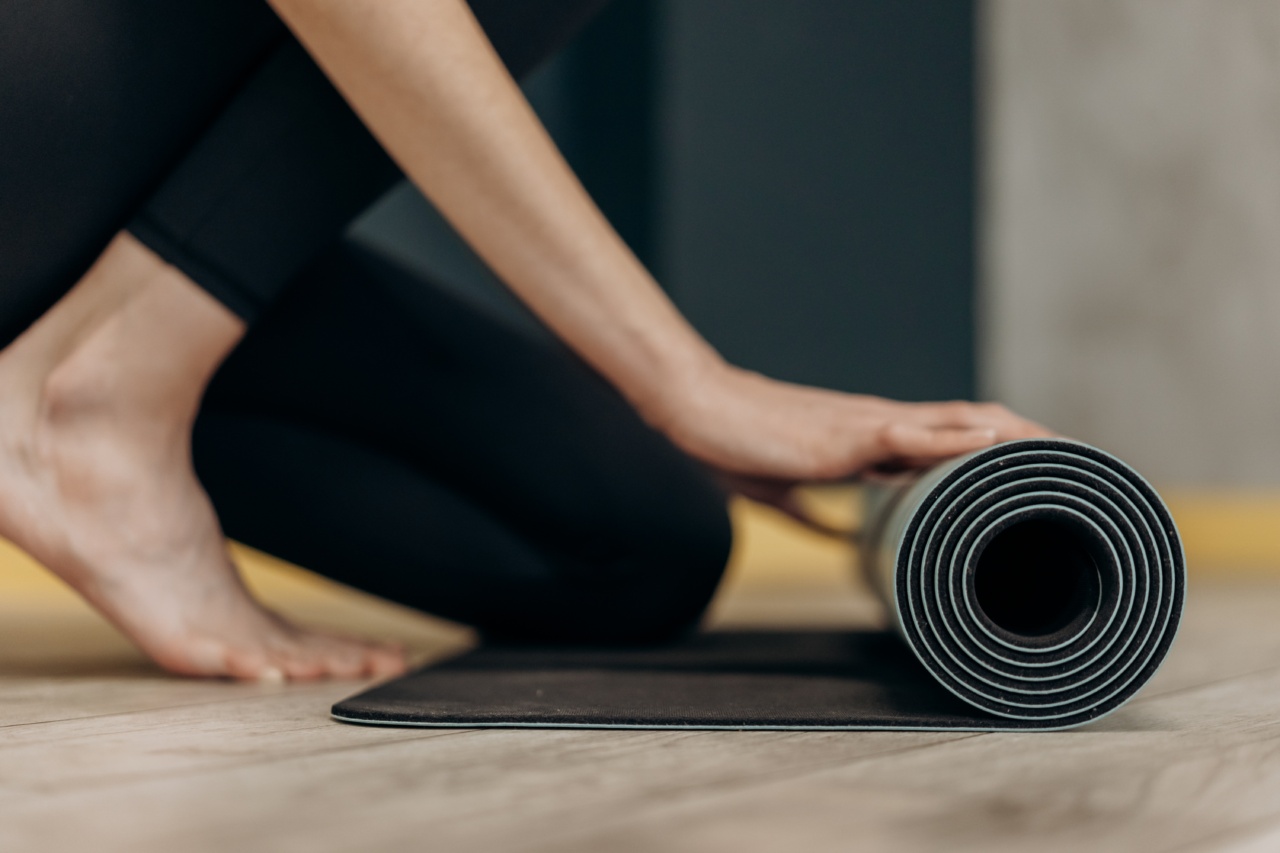Everybody knows how important a good night’s sleep is for our physical and mental well-being. The lack of quality sleep can diminish our concentration, productivity, and immune system.
Poor sleep quality can lead to numerous health problems such as heart disease, obesity, diabetes, and depression.
But did you know that even the position we sleep in can affect our health? That’s right! Our sleeping position can have different impacts on our overall well-being and can even harm or benefit certain parts of our body.
In this article, we’ll uncover the ideal sleeping position for optimal health and mind benefits.
The Pros and Cons of Different Sleeping Positions
On Your Back or Supine
Sleeping on your back or supine position is the most commonly recommended sleeping position by doctors, as it allows your head, neck, and spine to be aligned in neutral position.
This position also reduces the risk of acid reflux, as the acid from your stomach stays in place.
Sleeping on your back can reduce your risk of developing wrinkles, due to no pressure being applied to your face, and provide relief from any aches and pains. However, this position is not ideal for snorers, as it can exacerbate snoring and sleep apnea.
It can also contribute to the development of sleep paralysis, particularly in people who suffer from this condition.
On Your Side or Lateral
Sleeping on your side is a popular sleeping position, especially for those who snore, have sleep apnea, or suffer from acid reflux. This position can alleviate pressure on the lungs and airways, allowing easier breathing.
It can also improve the circulation to your organs and reduce the risk of back pain.
Sleeping on your left side is also recommended during pregnancy as it can improve the blood flow to the placenta and reduce the risk of stillbirth.
However, side sleeping can lead to wrinkles, especially if the face is pressed against the pillow, and the pressure on the shoulder can cause discomfort or even nerve damage.
On Your Stomach or Prone
Sleeping on your stomach can be comfortable for some people, especially those who snore or have sleep apnea. This position can also reduce the risk of snoring as the airway in the throat remains open.
However, sleeping on your stomach can strain your neck, spine, and joints as your head is turned to the side, and can lead to back pain over time. The pressure on your face can also contribute to the development of wrinkles.
The Ideal Sleeping Position for Optimal Health and Mind Benefits
So, what is the ideal sleeping position for optimal health and mind benefits? The answer is sleeping on your back with a pillow to support your head and neck, and another pillow under your knees if necessary.
This position ensures that your head, neck, and spine are in a neutral alignment, reducing any pressure or strain on these areas. Sleeping on your back can also improve your circulation, reduce the risk of acid reflux, and alleviate any aches and pains.
The addition of a pillow under your knees can help support the natural curve of your lower spine, which helps avoid lower back pain.
If you’re a snorer, this position can help prevent it or reduce it significantly. It can also help alleviate or prevent sleep apnea, which is a common sleep disorder that causes you to stop breathing for a few seconds during sleep.
However, some people may find it difficult to sleep on their back due to discomfort or snoring. In this case, sleeping on your side is the second best option, particularly on your left side.
This position can improve your digestion, reduce the risk of heartburn, and promote better blood flow to your organs.
If sleeping on your back or side is not comfortable, sleeping on your stomach is not advised, as it can cause significant discomfort and pain to your neck and spine.
Conclusion
Your sleeping position is essential to your overall health and well-being. It affects your quality of sleep, your breathing, and can cause or alleviate different health issues.
Sleeping on your back or side is generally the most recommended position, as long as your neck, spine, and head are supported.
If you have trouble sleeping or suffer from back pain, consult your doctor or a sleep specialist to determine the ideal sleeping position for you.
Remember, a good night’s sleep is crucial to your physical and mental well-being, so make sure you’re doing everything you can to achieve it.
























